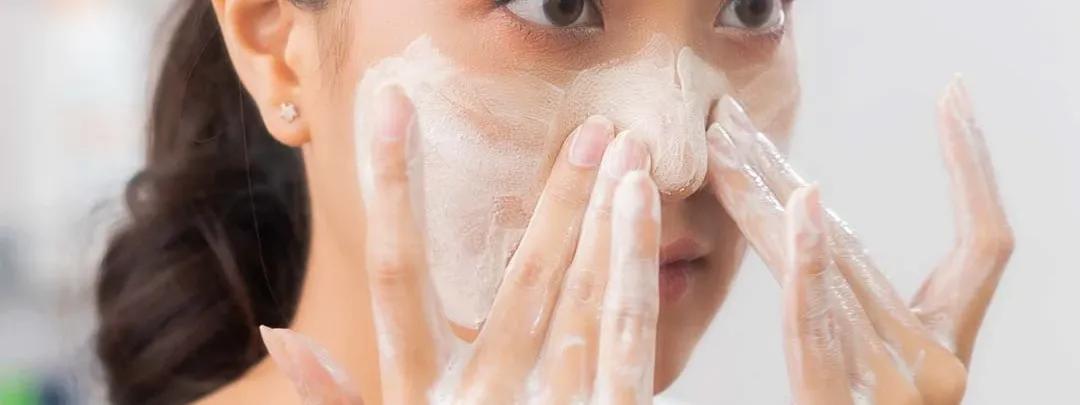For irritated or inflamed skin, look for ingredients like colloidal oatmeal, ceramides, and niacinamide. Avoid products with fragrances, dyes, or harsh sulfates. The goal is to cleanse while supporting your skin's healing process, not adding to the irritation.
Products for Skin Discoloration
If uneven skin tone is a concern, look for body washes containing gentle brightening ingredients like kojic acid, vitamin C, or liquorice extract. These work gradually to help even out your skin tone, though you'll need patience—results typically take several weeks of consistent use.
Body Washes for Glowing Skin
For that coveted healthy glow, look for ingredients like glycolic acid (for gentle exfoliation), vitamin E (for antioxidant protection), and moisturising oils. These help remove dull surface cells while nourishing your skin, leaving it looking brighter and more radiant.
Reading Labels and Understanding Claims
Product marketing can be quite clever, but knowing how to read between the lines helps you make informed decisions. Understanding what to look for on labels ensures you're getting what you actually need, not just what sounds impressive.
Decoding Ingredient Lists
Ingredients are listed in order of concentration, so the first few items make up most of the formula. If moisturising ingredients appear near the end of a long list, they're probably not present in meaningful amounts. Look for your key ingredients within the first 7-10 items for maximum impact.
Understanding Marketing Claims
Terms like "dermatologist-tested," "hypoallergenic," and "for sensitive skin" can be helpful indicators, but they're not guarantees. Look for certifications from recognised organisations and remember that what works for most people might not work for you. The best test is always how your skin responds.
Frequently Asked Questions
How often should I use body wash?
Daily use is generally fine for most people, but if you have very dry or sensitive skin, you might want to use it every other day and just rinse with water on off days. Listen to your skin—if it feels tight or irritated, you might be overdoing it.
Can I use the same body wash for my face?
It's not recommended. Facial skin is thinner and more sensitive than body skin, so it needs gentler formulations. Stick to products specifically designed for your face to avoid irritation or breakouts.
Are more expensive body washes always better?
Not necessarily. Price often reflects packaging, marketing, and brand positioning rather than ingredient quality. Focus on finding a formula that works for your skin type and concerns, regardless of the price point.
How can I make my body wash more effective?
Use warm (not hot) water, apply the product to damp skin, and take time to massage it in gently. Don't scrub too vigorously, and follow up with a moisturiser while your skin is still slightly damp to lock in hydration.
Final Thoughts
Finding the best body wash for women isn't about following trends or buying the most expensive option on the shelf. It's about understanding what your skin needs and choosing a formula that delivers on those needs consistently. Use this checklist as your guide, but remember that your skin's preferences might change with seasons, age, or lifestyle changes. The perfect body wash is the one that leaves your skin feeling comfortable, clean, and happy after every shower. Take time to notice how different products make your skin feel, and don't be afraid to switch things up when your needs change. After all, great skincare is all about listening to your skin and giving it what it's asking for.
